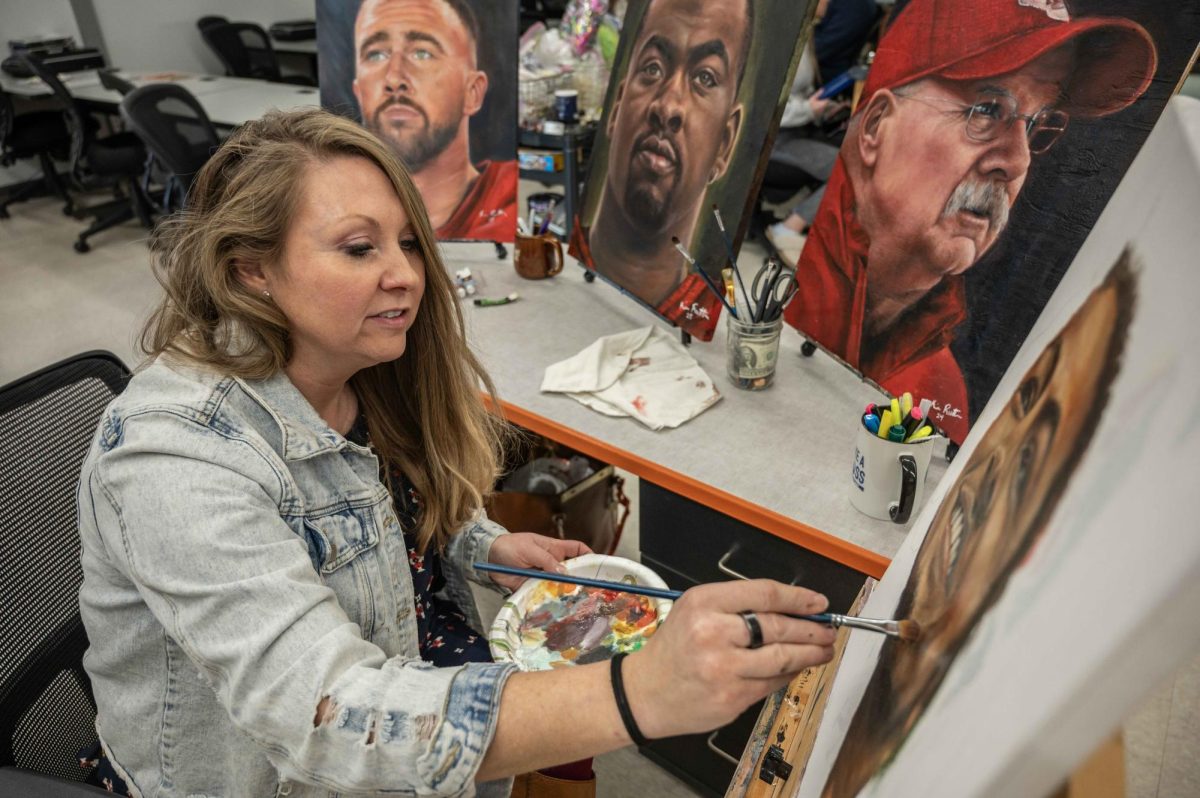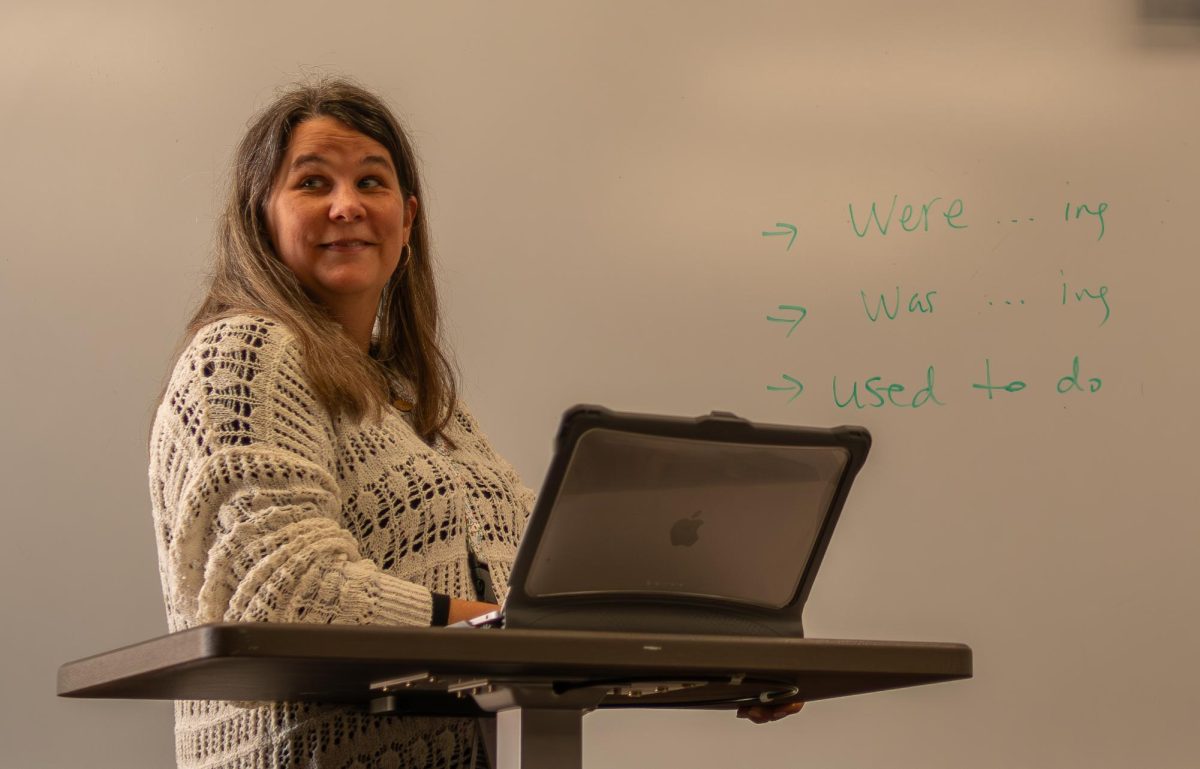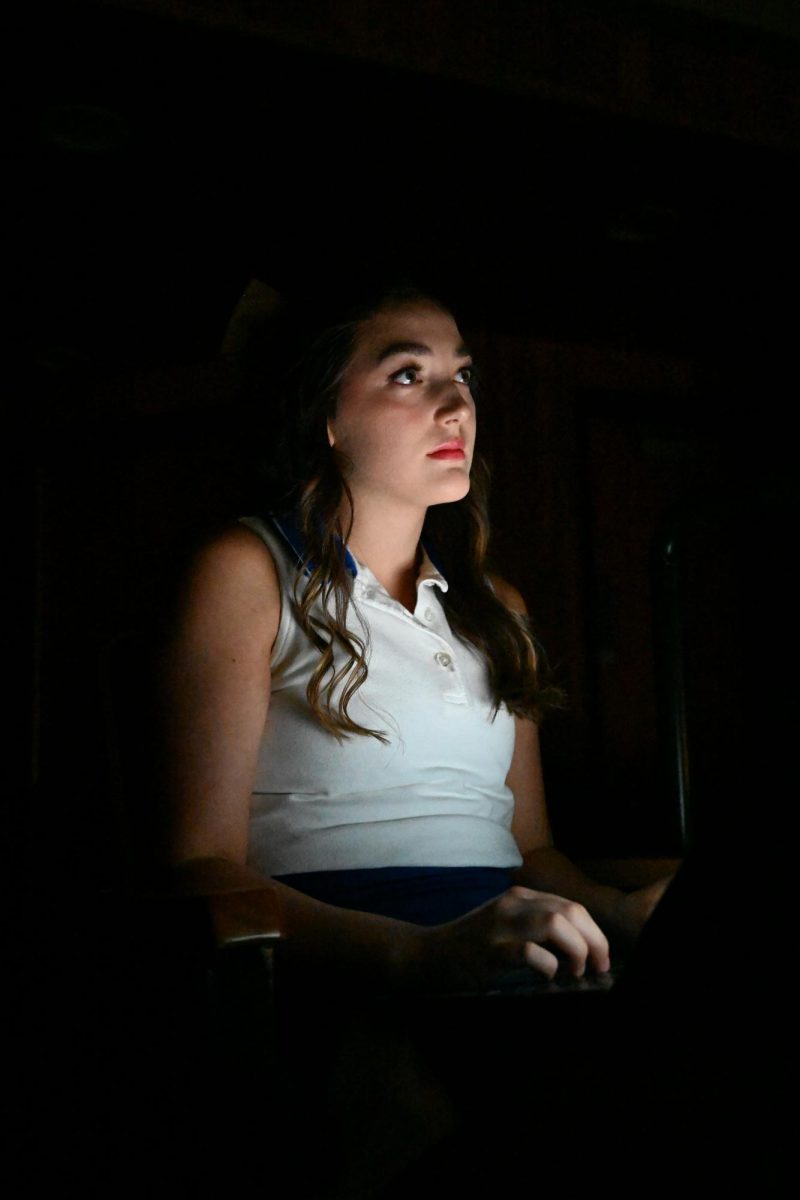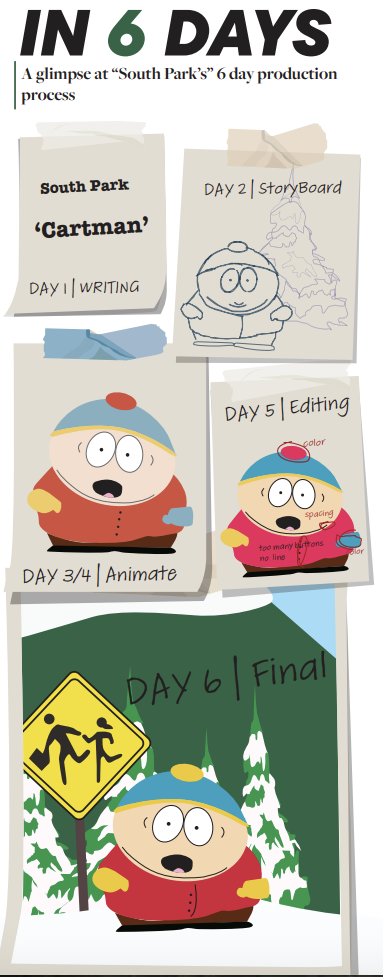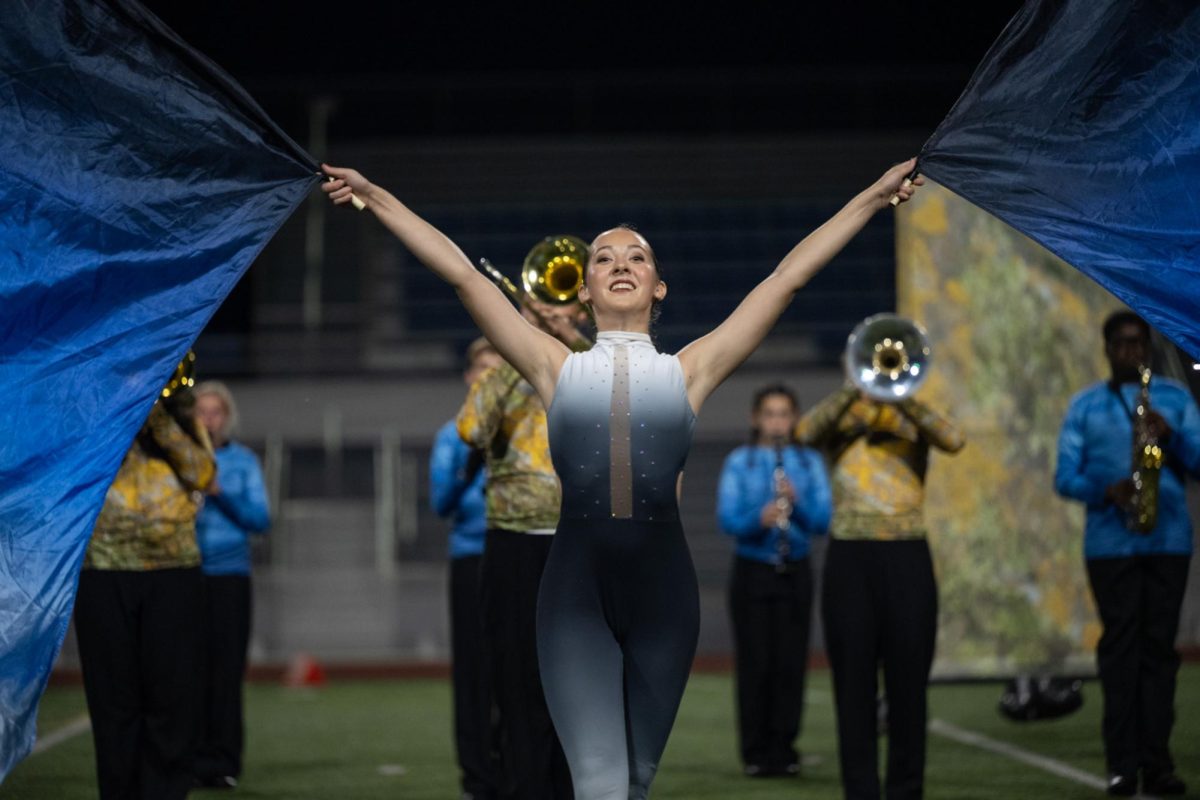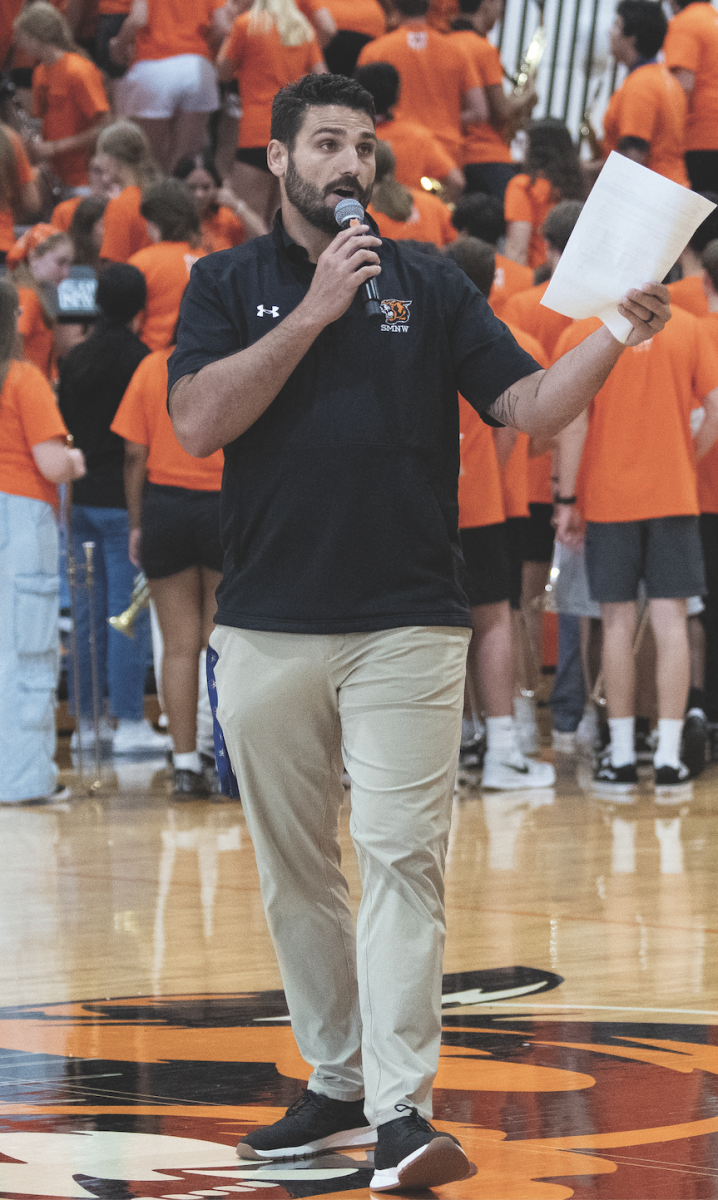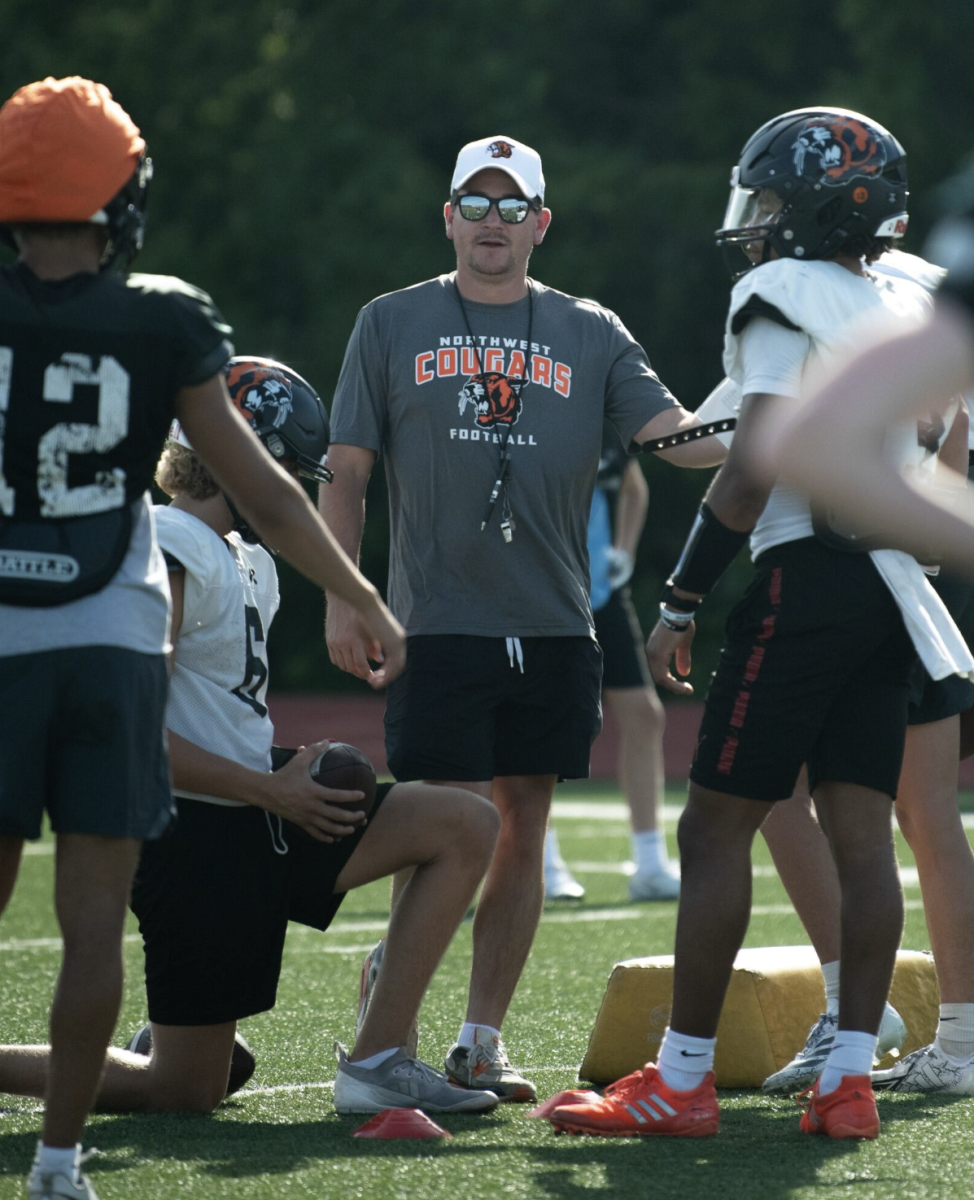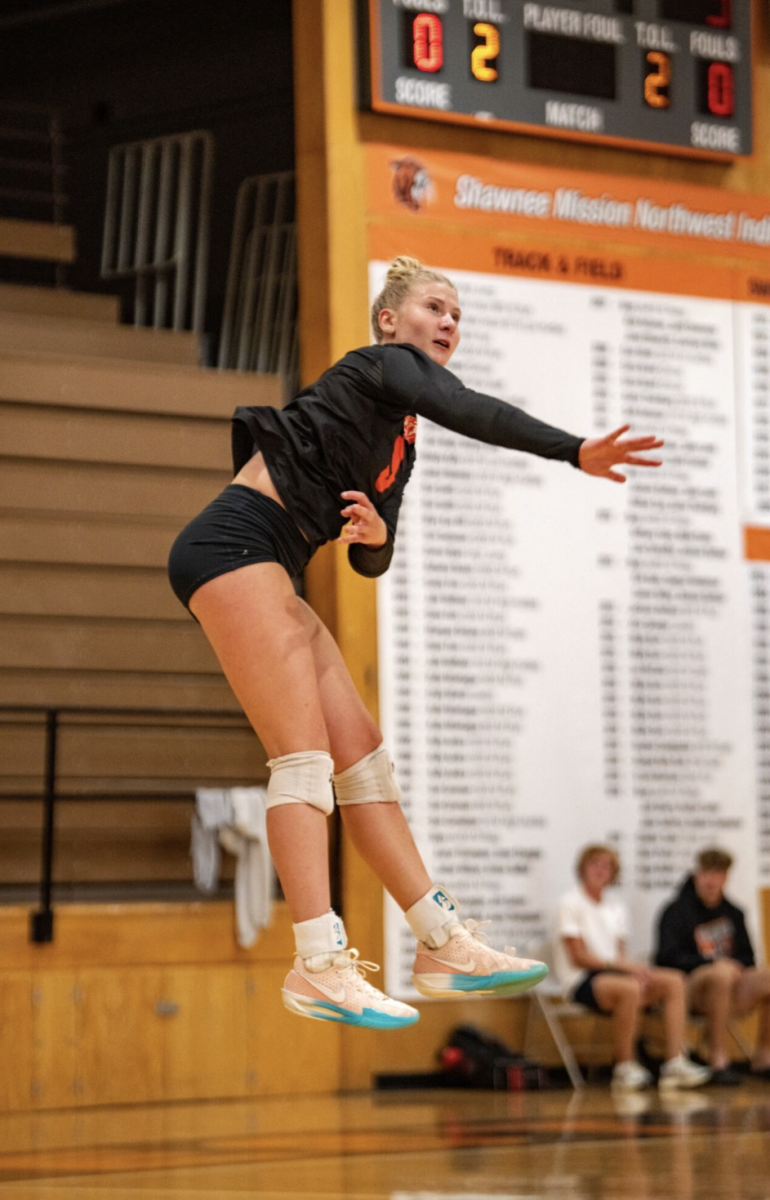Unfair Beliefs, Not Unfair Advantage
Kansas legislature should not pass “The Fairness of Women’s Sports Act” due to the transphobic beliefs presented in the bill
THE VOTE: 14 agree / 0 disagree
For the third year in a row, Kansas governor Laura Kelly vetoed “The Fairness of Women’s Sports Act,” which would have restricted transgender student athletes from participating in sports and activities that don’t fit their biological sex.
While Kelly vetoed the bill March 17, the House has 60 calendar days to overturn that veto.
This act affects transgender student athletes in not just high school sports, but collegiate, club and intramural. All teams must be labeled as either male, female or co-ed.
When vetoing the bill, Kelly said it does not concern education. It’s about politics.
“It won’t increase test scores,” Kelly said. “It won’t help any kids read or write. Here’s what this bill would actually do: harm the mental health of our students.”
This bill applies to less than five students in Kansas, according to the Associated Press. According to Ballotpedia, there were 497,753 public school students in Kansas in 2022. This bill only applies to less than 0.00001% of public school students.
Why focus on such a small “issue” when there are larger problems Kansas lawmakers could be targeting? In the 2023 State of Mental Health in America report, Kansas was ranked last in mental health services. Why not focus on ways to improve healthcare?
Kansas Republicans use the argument that transgender women have an unfair advantage in sports due to their genetic makeup. However, they fail to acknowledge the genetic lottery in athletics.
Biological women are naturally more flexible than men, due to the makeup of their genetic tissue, according to the Alexander Orthopaedic Associates. Of course biological men have an advantage in strength-based supports, but biological women have an advantage in flexibility sports such as gymnastics and diving.
Kelly’s veto on House Bill 2238 should not be overruled in the Kansas legislature. It only reverses the progress we as a country have made to add inclusivity and diversity to our everyday lives.
For the third year in a row, Kansas governor Laura Kelly vetoed “The Fairness of Women’s Sports Act,” which would have restricted transgender student athletes from participating in sports and activities that don’t fit their biological sex.
While Kelly vetoed the bill March 17, the House has 60 calendar days to overturn that veto.
This act affects transgender student athletes in not just high school sports, but collegiate, club and intramural. All teams must be labeled as either male, female or co-ed.
When vetoing the bill, Kelly said it does not concern education. It’s about politics.
“It won’t increase test scores,” Kelly said. “It won’t help any kids read or write. {…} Here’s what this bill would actually do: harm the mental health of our students.”
This bill applies to less than five students in Kansas, according to the Associated Press. According to Ballotpedia, there were 497,753 public school students in Kansas in 2022. This bill only applies to less than 0.00001% of public school students.
Why focus on such a small “issue” when there are larger problems Kansas lawmakers could be targeting? In the 2023 State of Mental Health in America report, Kansas was ranked last in mental health services. Why not focus on ways to improve healthcare?
Kansas Republicans use the argument that transgender women have an unfair advantage in sports due to their genetic makeup. However, they fail to acknowledge the genetic lottery in athletics.
Biological women are naturally more flexible than men, due to the makeup of their genetic tissue, according to the Alexander Orthopaedic Associates. Of course biological men have an advantage in strength-based supports, but biological women have an advantage in flexibility sports such as gymnastics and diving.
Kelly’s veto on House Bill 2238 should not be overruled in the Kansas legislature. It only reverses the progress we as a country have made to add inclusivity and diversity to our everyday lives.


